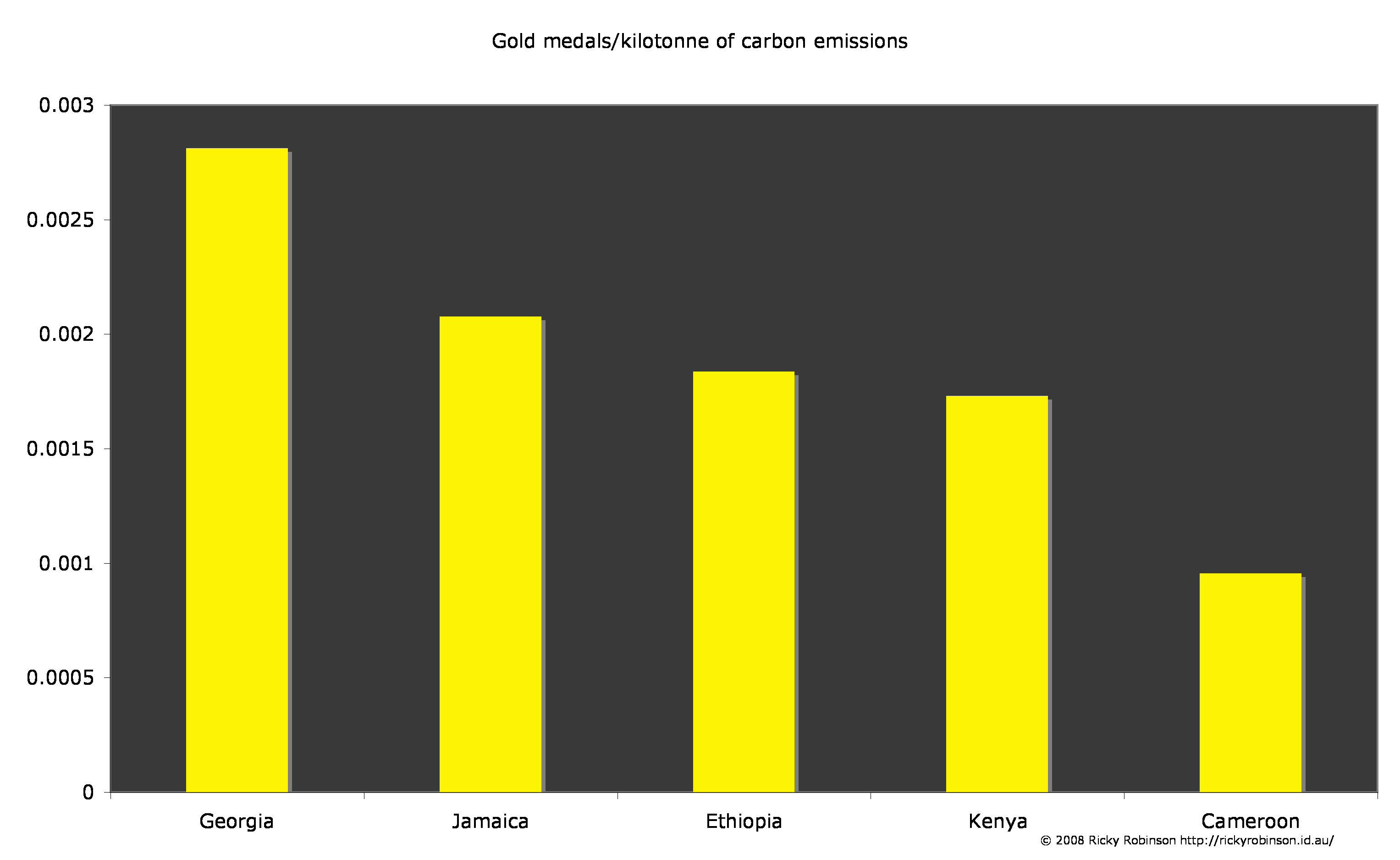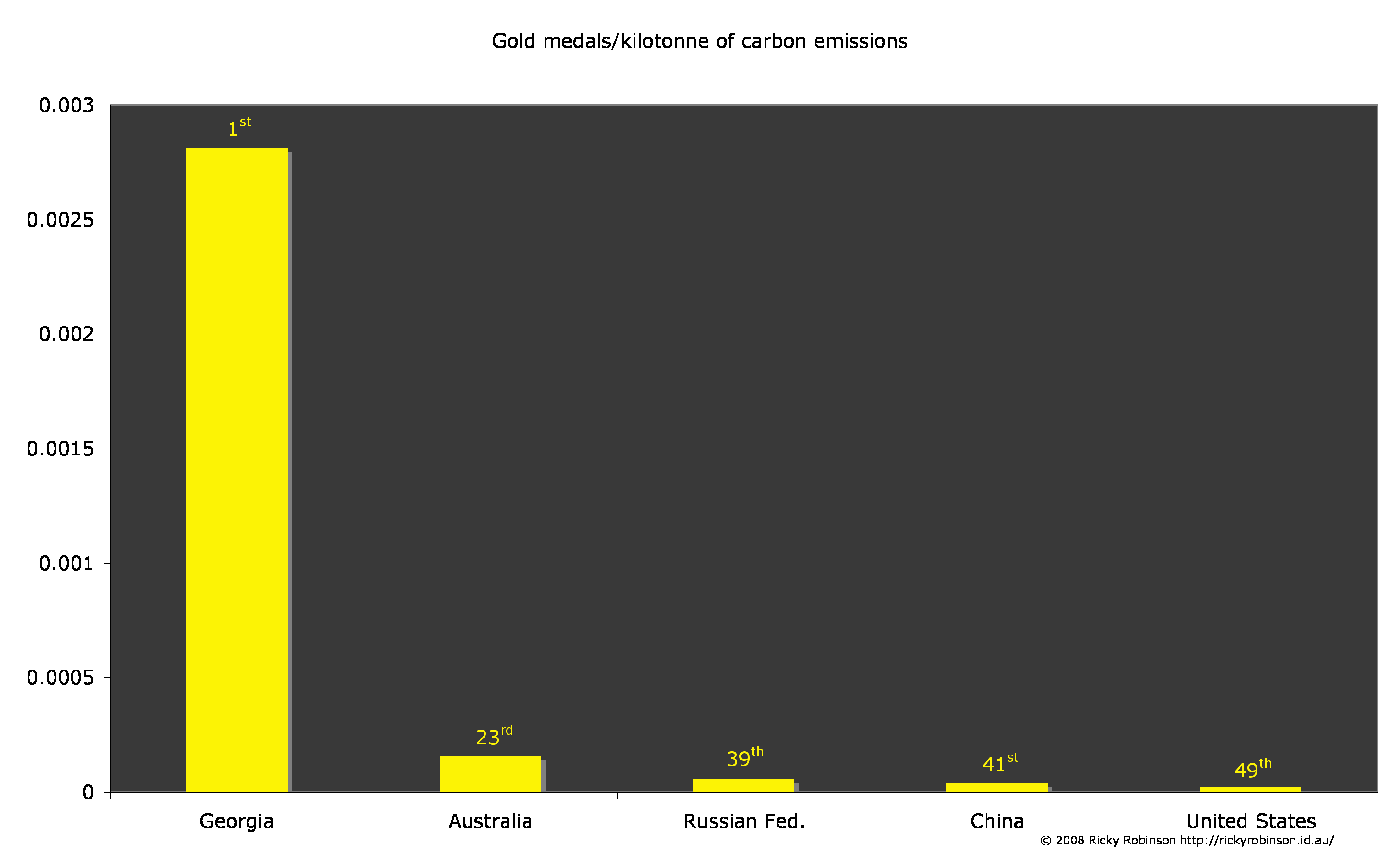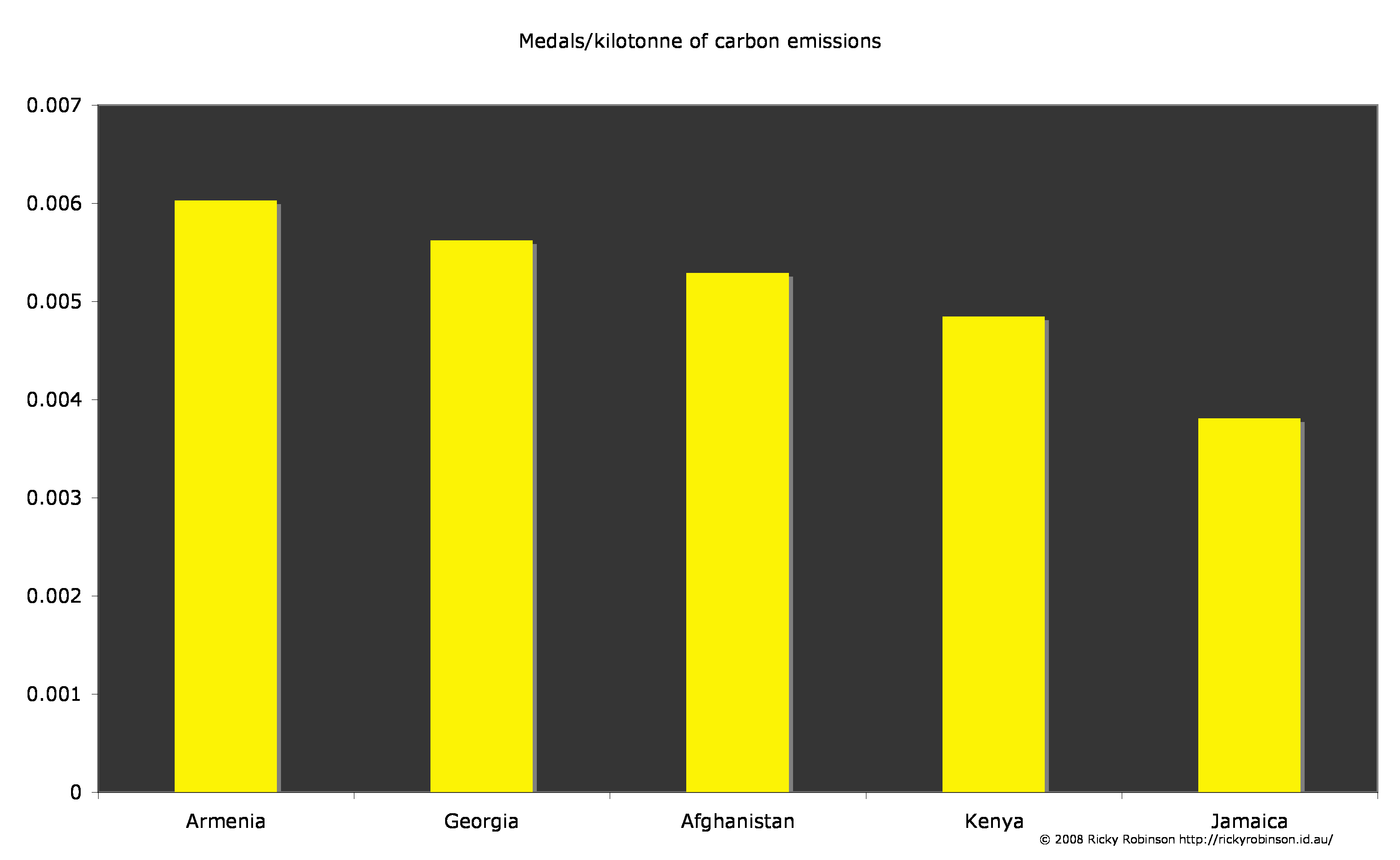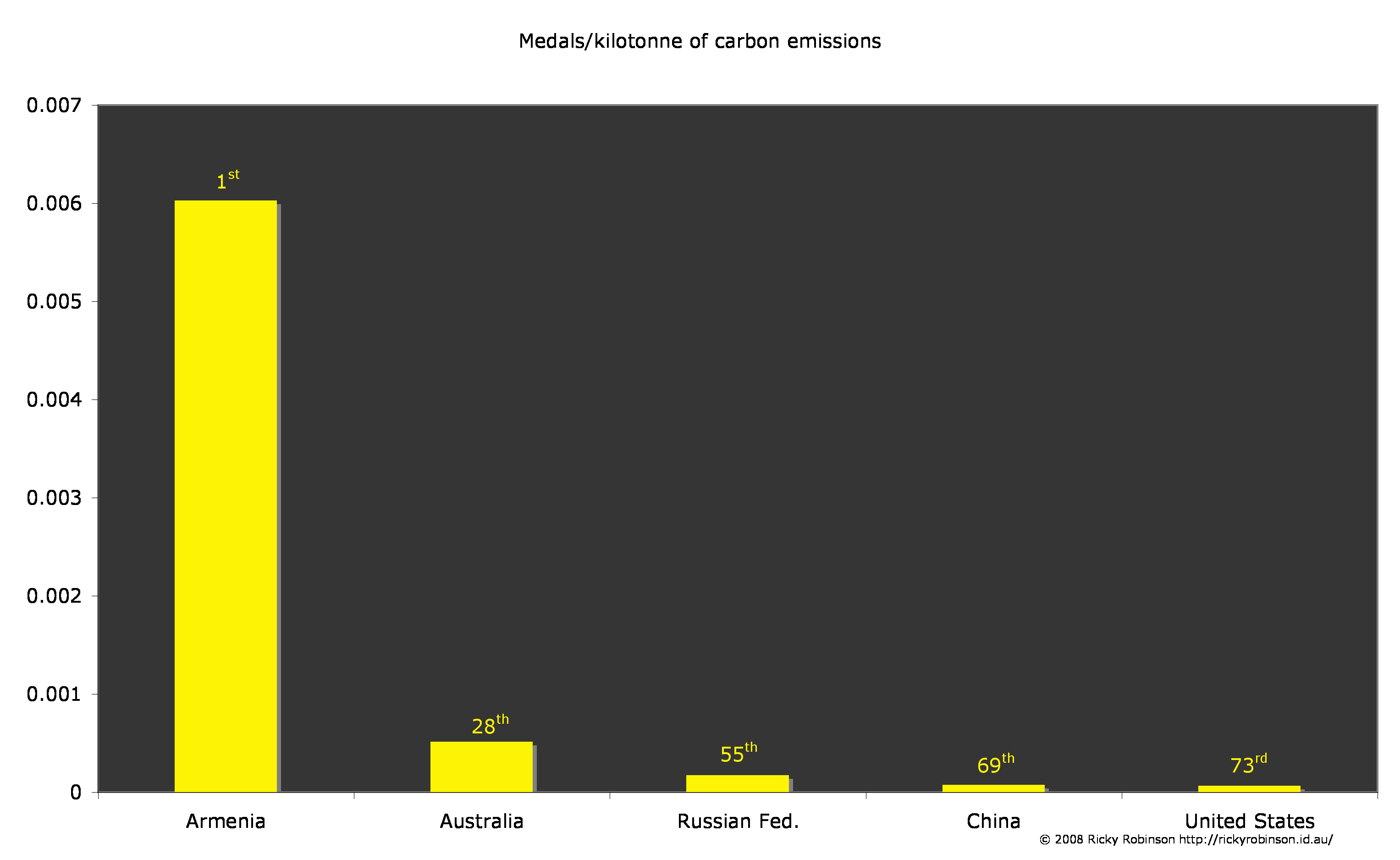A couple of months ago I finished reading The Black Swan (TBS) by Nassim Nicholas Taleb. I suspect I’ll read it again sometime.
In a nutshell, TBS is about (un)predictability, uncertainty and knowledge. Karen and the kids bought me the second edition of TBS for Fathers’ Day. It’s the one with a lengthy postscript essay, which I thought was arguably the best part of the book. I was happy to read in the postscript (p. 333) that the author appreciates my rather slow reading of his book.
Uncertainty, TBS explains, is predominantly an epistemic problem, one that is subjective and one that the social sciences ought not model with conventional Gaussian methods. The propensity for Nobel prize-winning economists to wield bell curves is the target of much of Taleb’s disdain. Black Swans are those rare, unpredictable events that mathematics has no business in attempting to predict (i.e., because they’re unpredictable. Duh!).
Taleb contends that the concepts of probability and randomness as they are taught in universities by bow tie wearing academics, and used by all manner of practitioners are wholly unsuitable for application in most non-physical domains, like economics, policy and risk management. These are typically domains which are dominated by, often cumulative, human action. Sometimes, Taleb explains, these systems can be more appropriately modelled with power laws or fractal mathematics, which can render Black Swans grey; but these models are not intended to provide the concreteness of the more commonplace methods with which we’re familiar. More often, these systems ought not be modelled at all, particularly not with sophisticated mathematics or equations taken from physics text books, as they are Black Swan prone, and impermeable to these approaches.
With uncertainty’s epistemic roots, Taleb spends some time discussing some important aspects of knowledge. Knowledge is biased both in terms of its distribution and its verification. Consider the Thanksgiving turkey: it is fed day after day, given a place to roost (is that what turkeys do?) and generally cared for, until one day, chop! The turkey couldn’t have suspected this was coming. It’s an event lying totally outside its experience. A Black Swan. The butcher, on the other hand, knew what was coming all along. Not a Black Swan. There is an imbalance of knowledge here, highlighting the subjective nature of uncertainty. We don’t need to look far to find examples of this kind of uncertainty, and massively consequential historical events that illustrate the disproportionate impact that Black Swans have.
Knowledge is also governed by the confirmation bias: no matter how many pieces of evidence are collected in support of some theory or idea, only one piece of negative evidence is required to refute it. This is the basis for the Popperian notion of falsification, which is itself fundamental to the way science proceeds.
A related idea is that of silent knowledge, cheekily termed the “Casanova problem” by Taleb. This reflects the observation that we only remember confirmatory instances, the successes, and rarely the failures. Just think about startup companies. Look at Company A. They’re so successful because they did X, Y and Z, so we should do the same. Of course, there may be a graveyard full of companies that did X, Y and Z, too. The silent evidence. Likewise, Casanova didn’t live to tell his tale because he was particularly clever or immunised against misfortune; rather, probability tells us that a small number of playboy types from that era would survive their ordeals and thus feel indestructible, and perhaps go on to write a book or two about their experiences. But we don’t hear about those other Casanovas, who weren’t quite so lucky. This problem tends to make us blind to the real course of history.
Taleb moves on to describe how social systems are currently modelled by social scientists, and it is here that he is especially scathing. Economics, particularly academic economics, is full of phonies, says Taleb. Run from anyone who tells you that Brownian motion or Heisenberg’s uncertainty principle can model human behaviour. Or, if you’re not the running type, put a mouse down the back of their shirt when they least expect it. These things don’t model true randomness or uncertainty; they model a very tame version of it. This is, he says, evidenced by the fact that our coffee cups don’t jump off our coffee tables. Yet, the equivalent of jumping coffee cups happens with relatively high frequency in social systems (e.g., stock market crashes).
Rather than find false safety in econometrics and other phony methods, writes Taleb, we should heed the advice of that intuitive economic philosopher, Friedrich Hayek. In Hayek’s view, it is impossible for a central planner to aggregate all the pieces of data required to make a meaningful forecast of the economy and to plan a priori. Rather, the interactions between the individual agents in the system, who each hold knowledge, often tacit knowledge, of their own, result in a coherent, self-organised system — what we might call society (though Lady Thatcher mightn’t call it such). One way of looking at this idea is that locals can integrate local knowledge in a way that a central planner never could. The difficulty in central planning has been met by economists with increasingly “scientific” methods, but this creeping scientism, as it was called by Hayek, is just making matters worse according to Taleb. It is the scandal of prediction. Medical empiricism, evidence-based medicine or clinical medicine, is perhaps the field to which economists should look for inspiration, rather than to physics. Physics, funnily enough, is for the physical world, where its methods and models apply, and where the Gaussian and related distributions are observable in reality. But its models are often inappropriate for the social world.
TBS presents an idea born of a rich body of existing literature, but perhaps nobody in the relevant fields has articulated their ideas as colourfully and passionately as Taleb. I will say that while his narrative is colourful, and while it’s generally comprehensible by the amateur reader (like me), I did find his rambling style a bit hard to digest at times; the book doesn’t flow as well as it could have. Taleb can also be rather self-indulgent at times. Nevertheless, this is one of those books that any thinking person should get a hold of and read. Gift it to someone as a late Christmas present. In fact, my dad scored a copy of it today (New Year’s Day, 2011) for “Christmas”, as my parents just arrived in Brisbane from Cairns. I’ve lent my own copy out to someone, and I hope she remembers to bring it with her next time she travels to Brisbane so that I might lend it to another interested reader.
 You can look at Fairtrade as being just like free trade, except that the coffee being sold has been sprinkled with a range of “socially responsible enhancements”. As mentioned, chief among these enhancements is the knowledge that the farmer who grows the coffee beans that end up in your mug gets at least an agreed minimum price for the coffee, and his/her farm workers are similarly guaranteed a minimum wage. The idea is that the consumer is paying a premium for a superior product, because the coffee has been produced in a way that yields greater benefits for the farmers who grow the coffee. So, in this respect, the price of Fairtrade coffee is set by supply and demand, just like non Fairtrade coffee. There is an ethical dilemma here, however. An important criticism of Fairtrade, and one that I believe is completely valid, is that Fairtrade artificially inflates the price of coffee, encouraging more people to grow coffee, thereby increasing supply and, in the long run, placing downward pressure on coffee prices (non-Fairtrade coffee). This, of course, results in farmers receiving less and less for the coffee they grow. The ethical dilemma is that Fairtrade coffee is marketed as being socially responsible and fair, but the question must be asked “fair to whom?” Certainly not to the farmer who sees the price of his coffee going down because all his mates have decided to try to get a piece of the action. The already oversupplied coffee market becomes even further oversupplied. Consumers with a social conscience, I believe, ought to think twice about Fairtrade – it might not be as fair or as socially responsible as you think. Besides, I wonder just how many consumers of Fairtrade coffee take the time to find out what this minimum wage is, and what this minimum wage could buy in the given farmer’s country.
You can look at Fairtrade as being just like free trade, except that the coffee being sold has been sprinkled with a range of “socially responsible enhancements”. As mentioned, chief among these enhancements is the knowledge that the farmer who grows the coffee beans that end up in your mug gets at least an agreed minimum price for the coffee, and his/her farm workers are similarly guaranteed a minimum wage. The idea is that the consumer is paying a premium for a superior product, because the coffee has been produced in a way that yields greater benefits for the farmers who grow the coffee. So, in this respect, the price of Fairtrade coffee is set by supply and demand, just like non Fairtrade coffee. There is an ethical dilemma here, however. An important criticism of Fairtrade, and one that I believe is completely valid, is that Fairtrade artificially inflates the price of coffee, encouraging more people to grow coffee, thereby increasing supply and, in the long run, placing downward pressure on coffee prices (non-Fairtrade coffee). This, of course, results in farmers receiving less and less for the coffee they grow. The ethical dilemma is that Fairtrade coffee is marketed as being socially responsible and fair, but the question must be asked “fair to whom?” Certainly not to the farmer who sees the price of his coffee going down because all his mates have decided to try to get a piece of the action. The already oversupplied coffee market becomes even further oversupplied. Consumers with a social conscience, I believe, ought to think twice about Fairtrade – it might not be as fair or as socially responsible as you think. Besides, I wonder just how many consumers of Fairtrade coffee take the time to find out what this minimum wage is, and what this minimum wage could buy in the given farmer’s country. Rainforest Alliance certification means that goods (coffee in our case) are produced in an environmentally sustainable fashion, in adherence to the
Rainforest Alliance certification means that goods (coffee in our case) are produced in an environmentally sustainable fashion, in adherence to the 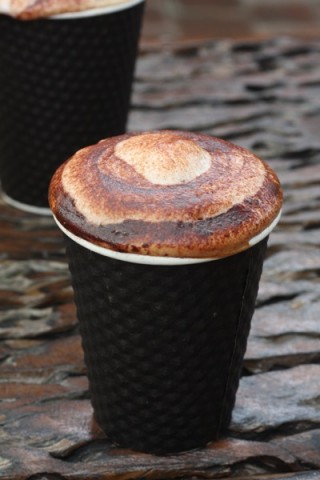 Meanwhile, back at the Kuranda Coffee Republic, Mike just serves cups of great coffee, which are each
Meanwhile, back at the Kuranda Coffee Republic, Mike just serves cups of great coffee, which are each 